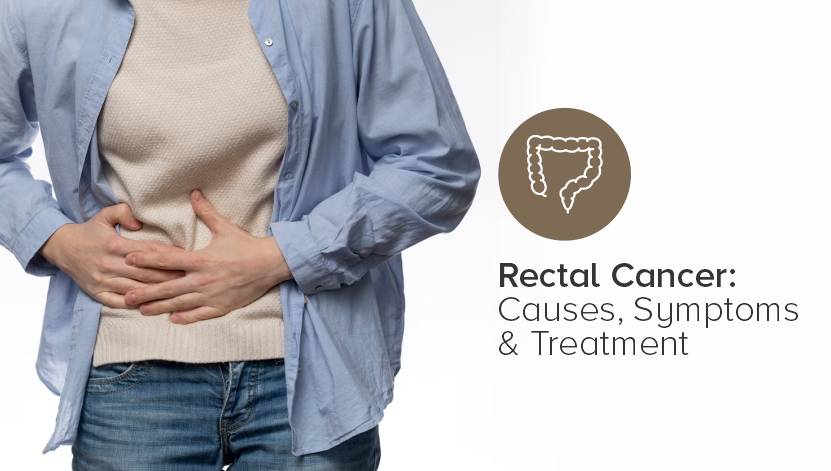Cancer is a very challenging disease that that occur when cells in the body become abnormal and grow uncontrollably. One of the types of cancer that has been on the rise is rectal cancer, which develops in the rectum. Understanding the causes, symptoms, and treatment of rectal cancer is essential for early detection and better prognosis.
